The Big Read: As euphoria fades, Myanmar faces up to the mountains it has to climb
YANGON — Fresh from the National League for Democracy’s (NLD) crushing victory in last November’s elections, the people of Myanmar are looking forward to a new era, which follows decades of subjugation by the military and bookends the political, economic and administrative reforms set in motion in 2011.
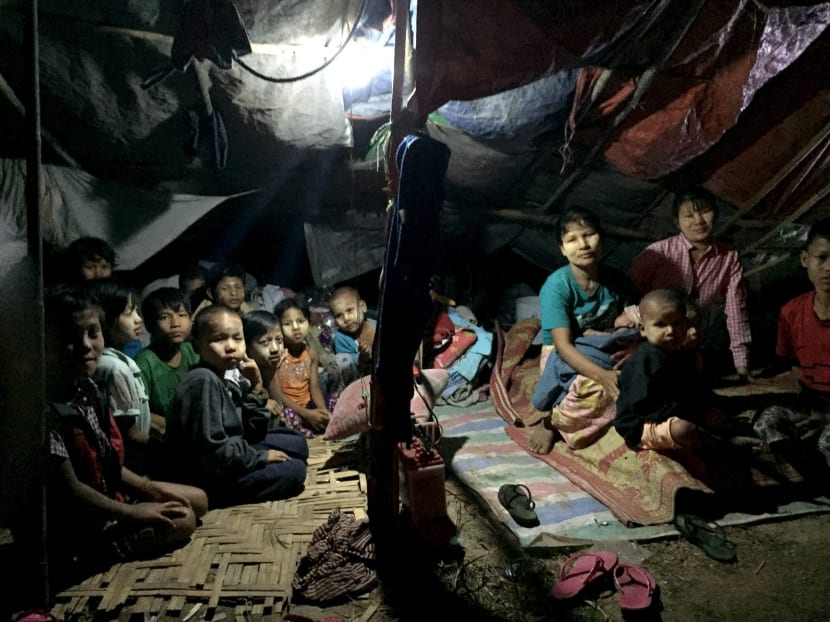
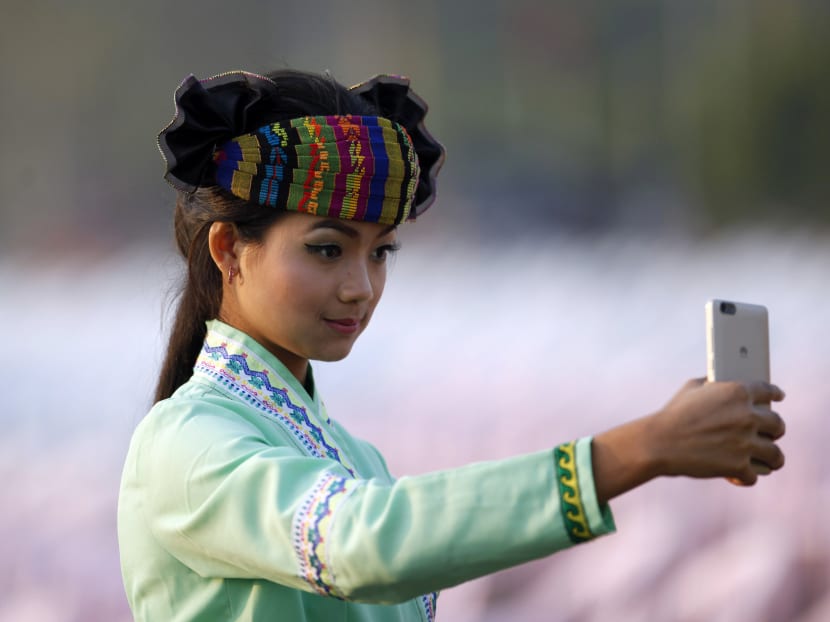
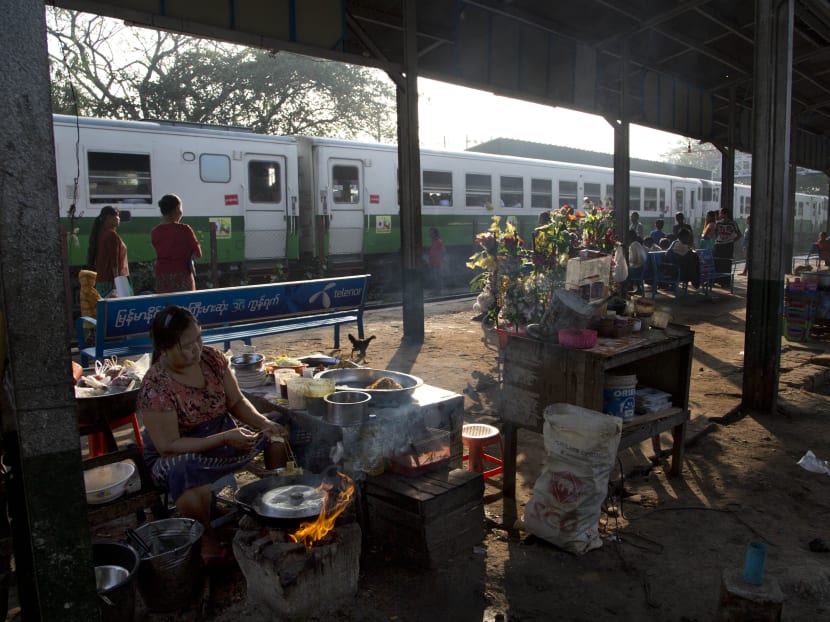
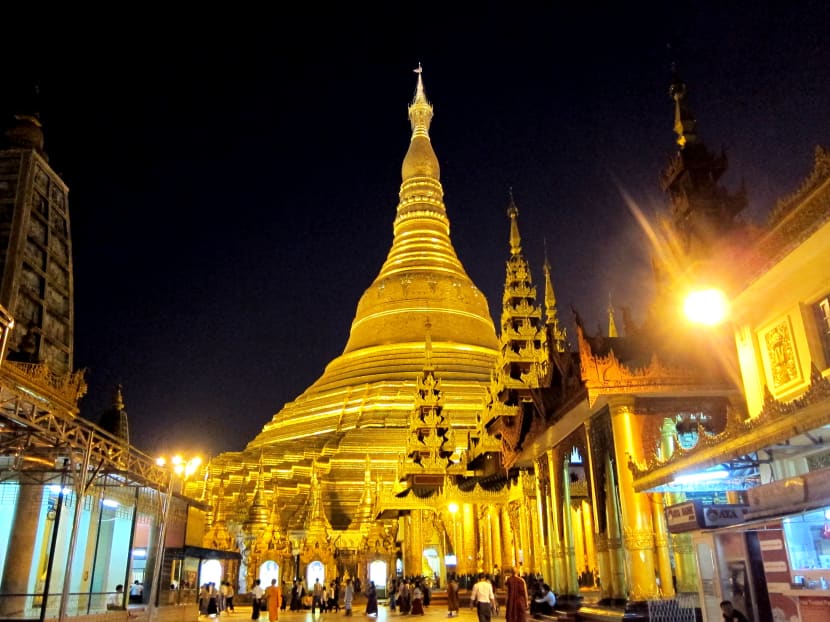
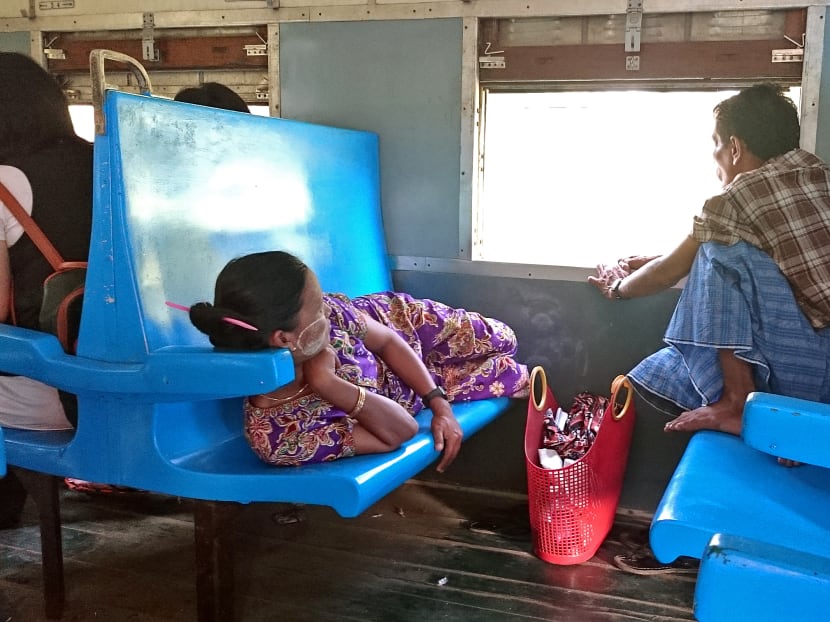
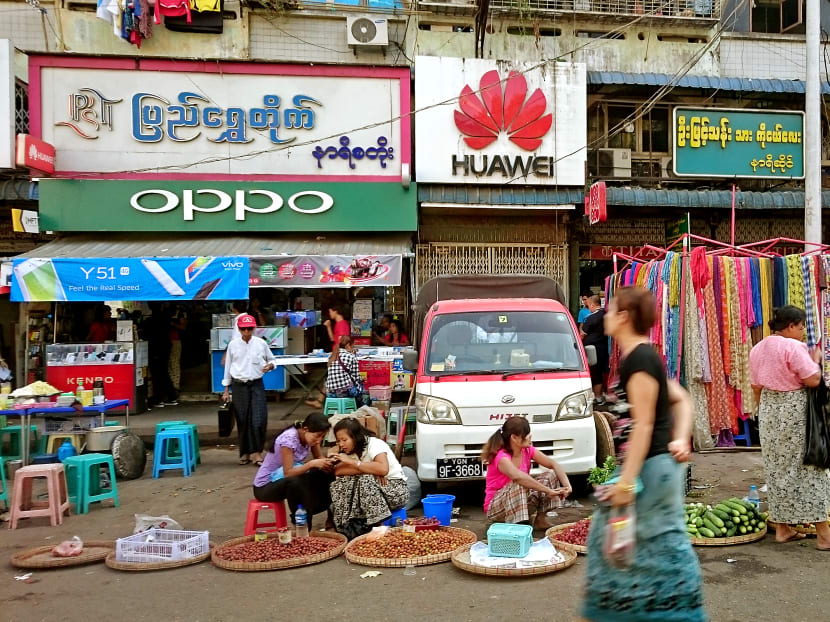
YANGON — Fresh from the National League for Democracy’s (NLD) crushing victory in last November’s elections, the people of Myanmar are looking forward to a new era, which follows decades of subjugation by the military and bookends the political, economic and administrative reforms set in motion in 2011.
Lawmakers from Ms Aung San Suu Kyi’s party took their seats in Parliament with much fanfare at the start of the month, ushering in a new phase of democratic development for the former pariah state, which has become “the next big thing” for foreign investors not only in South-east Asia, but also in the rest of the continent.
But as the euphoria dissipates, a sense of uncertainty among citizens is gradually taking over: Where does Myanmar go from here? How will the NLD, which has no experience running a government or an economy, steer the country? While they draw optimism from how far the country has come, experts and the business community have pointed to the NLD’s lack of an economic blueprint and the tough challenges it is facing — not least the ethnic strife that has gripped the nation for more than six decades.
Socially, there are also concerns about how its citizens — new to democracy and capitalism, and eager to make a fast buck — find their way and steer the country forward.
“The biggest challenge is people. For many, they wish to pursue a comfortable, easy life because the pioneers have taught that to be rich in Myanmar in those days, it’s easy for some people, because of corruption, nepotism or crony-capitalism practices,” Dr Maung Maung Lay, vice-president of the Republic of the Union of Myanmar Federation of Chambers of Commerce and Industry (UMFCCI), told TODAY in his office in downtown Yangon.
“That causes the people, or the youngsters, not to work so hard to be rich. (They think that) with just one (piece of) luck, one deal as a crony, they can be rich instantly. As a latecomer, we (Myanmar) can leapfrog, but we have to be in line with the regional and global norms,” he added. UMFCCI is a business association that was set up to champion economic development, promote growth of local companies, as well as facilitate entries of international businesses into Myanmar.
Sharing Dr Maung Maung Lay’s sentiment, business owners lamented that this attitude among the relatively unskilled workforce has, to a certain extent, become a hindrance to their daily operations.
“There are people who are opportunistic. They want success quick but are not willing to work to get where they want to be. For example, they would ask for a pay raise first, before putting in the additional effort. This has to change before we even start the conversation about nation-building,” said Mr Mya Than Zaw, managing director of local travel agency Truly Myanmar Travel and Tours.
He added, “In the tourism industry, competition among tour agencies is getting stiffer since tourists started visiting Myanmar. More and more people are setting up agencies and crowding the industry. Why? Because the mentality of the people is that they want to get rich quick and tourism seems like the industry where the big bucks are.”
Ms Aye Aye Hung, manager of tour agency Myanmar Welcome Travels and Tours, said she has had about 10 former employees, who worked as tour guides at her company, venturing out to start their own agencies to capitalise on the growing tourism dollars. “When I first started out about 12 years ago, there used to be only two or three agencies, but now there are a lot more because former tour guides of these pioneer companies leave to set up their own businesses. I can’t be too bothered about the competition... it’s more important for me to maintain the quality of our own offerings,” she said.
COMPETING WITH THE BIG BOYS
While an educated and hardworking population tops the wish list of many whom TODAY spoke to, the business community in Myanmar is also grappling with the lack of laws and regulations that protect their rights, amid the rush of foreign direct investments into the once-hermit nation.
According to figures by the country’s Directorate of Investment and Company Administration (DICA), the approved amount of foreign investments ballooned from US$329.6 million (S$ 459.38 million) in the financial year 2009/2010 to US$20 billion the following financial year, coinciding with the opening up of the economy. By the end of 2015, the figure was around US$5 billion, DICA said.
Such interest from global investors, coupled with the NLD’s lack of governing experience, has heightened concerns that local businesses’ ability to compete on their home turf against foreign companies may be crippled. This is especially so after the formation of the ASEAN Economy Community (AEC), which lowers trade barriers between member nations.
“There are concerns that we are weak. Our judicial system, the rules, and regulations, are still not protecting the locals and what we have noticed is that many (foreign companies), not all, try to bully or take advantage of the locals, who are weak in almost every sense,” said Dr Maung Maung Lay. “So with the advent of the AEC, what we expect is more arbitration processes, more disputes that we might encounter… Many have an interest in Myanmar, we welcome them, but as a matter of fact, because of our weak laws and with Myanmar people who are quite passive, we sometimes get taken advantage of.”
Already, there have been reports of local companies being sidelined with the growing presence of the international business community in Myanmar. Mr Mya Than Zaw said: “We’ve had foreign tour operators exploiting local players. They bring their tours here, then hire a local guide to lead the tours but pocket most of the commissions.”
Tourism is one of the key industries that has attracted foreign attention given its growth potential, UMFCCI said. The Ministry of Hotels and Tourism said Myanmar welcomed 4.68 million tourists last year, a 52 per cent jump compared with 2014. The government’s target is to reach 7.5 million tourists a year by 2020.
But the sector that has received the most international interest is the oil and gas industry, which received the highest amount of foreign investment in the past two years, DICA figures showed. With that much attention, the sector has also seen its fair share of opportunistic foreign companies.
Anecdotes abound of foreign firms underpaying locals, or cutting loose their local intermediaries after snagging big deals. And while the foreign companies are required to team up with local partners in order to bid for projects, there are also accusations that the foreign players do not transfer any skills to their local counterparts.
Nevertheles, and acknowledging the presence of exploitative practices, local company Parami Energy Group said foreign firms also bring with them the expertise that Myanmar businesses can learn from. Parami’s chief operating officer Yap Kwong Weng, who is Singaporean, said: “(Many foreign firms) have long track records of handling multimillion, multibillion-dollar type of projects, building large infrastructure, using deep technologies — that is what Myanmar is lacking.”
HIGH HOPES
Since 2011, when the military junta opened Myanmar’s doors to the world, there have been visible signs of progress despite the continued, but loosening, sanctions by the United States.
All eyes are now on Ms Suu Kyi to lead the country, a latecomer to the global stage, to rival, if not leapfrog, its richer neighbours in South-east Asia.
The NLD, led by Ms Suu Kyi, secured an overwhelming majority in the November vote — the first general elections which the party had participated in for a quarter of a century. The historic opening of the new parliament earlier this month in the capital Naypyidaw received global media coverage, with the NLD government expected to take office in April. However, it remains to be seen whether the party has the ability to take the country forward, despite the tough hurdles. “They have a front bench with very little experience in government, this is going to be a big, big challenge for the NLD. They have to find out how to balance the Cabinet and find competent people,” said Emeritus Professor Carlyle Thayer from the University of New South Wales at the Australian Defence Force Academy.
Prof Thayer, who specialises in South-east Asia studies, added: “Also, given the fact that Aung San Suu Kyi cannot be the President, she said she would rule from above, and it remains to be seen whether the military will be happy with that.”
A constitution written by the junta bars Ms Suu Kyi from presidency, because her children are foreign nationals. She has declared that she will be “above the president” and run the government.
Adding to NLD’s challenges are the long-running insurgencies by ethnic minority groups, which have garnered international attention.
These issues, said Prof Thayer, could impede Myanmar’s ambitions. “For (economic) progress, you have to have stability and getting national ceasefire is vital… and then it’s moving from that, set priorities and make some positive steps forward,” he said.
Mr Moe Kyaw, managing director of research firm MMRD, noted that even during the elections, the NLD had no detailed mandate on how they would run the country if elected.
“Your guess is as good as mine. We still don’t get a good idea on what NLD has in plans … so it’s still early days. Does it worry me? I like to tell people: ‘Remember four years ago, how hard it was to do business?’ It used to take three to four weeks to get a permit to import — those were the times when the handphones (each cost) US$2,000 to US$3,000, but we managed to cope,” he said. “So, generally most of the businesses will wait and see.”
Observers agreed that since the start of Myanmar’s liberalisation, many inroads have been made. Among them were the first steps to strengthening the country’s financial system, by awarding licences to foreign financial institutions to set up outlets that offer simple banking solutions.
Walking around downtown Yangon, one would see familiar international brands such as KFC, Adidas and Singapore’s Ya Kun Kaya Toast, which have found their way into the South-east Asian country with a 51 million population. Plans for further development are under way. A deal has been inked to build a new airport 80km north-east of Yangon that is set to be the largest airport in Myanmar, with an initial capacity of 12 million passengers per annum when it is completed in 2022.
Prof Thayer said: “The good news is that the military has been promoting ‘opening’ long before the NLD (took power), by loosening up and even allowing the elections, its restrictions removed on them…”
Referring to Ms Suu Kyi, he added: “She’s riding a wave of high expectations and one of the problems is... that people are expecting more economic development, freedom and they can’t have these now.”
Reflecting on Myanmar’s journey so far, Dr Maung Maung Lay reckoned that his country would take another 10 to 15 years to realise its potential. He cited Singapore’s stellar economic rise from a Third World country as an inspiration.
“The people have spoken. It was a super landslide for the NLD, transformation will happen. I think the internal armed conflict, which has existed for almost 60 years, will gradually cease… we can regain our past glory in the next 10 to 15 years. Burma was once the rice bowl of Asia. (Singapore’s first Prime Minister Lee Kuan Yew) was here in the 60s and he thought that Burma could be a model for Singapore, but now, Singapore is our model,” he said. ADDITIONAL REPORTING BY ANGELA TENG






